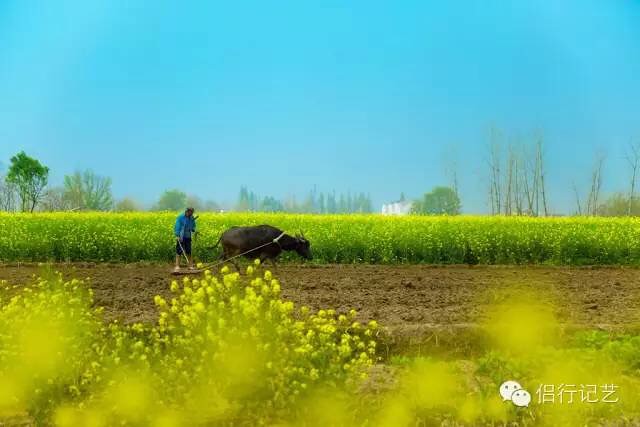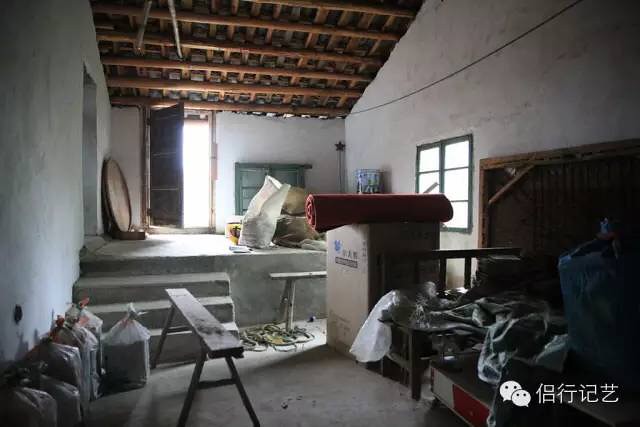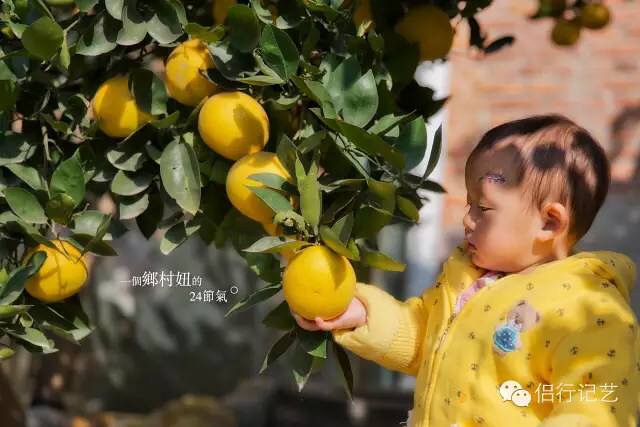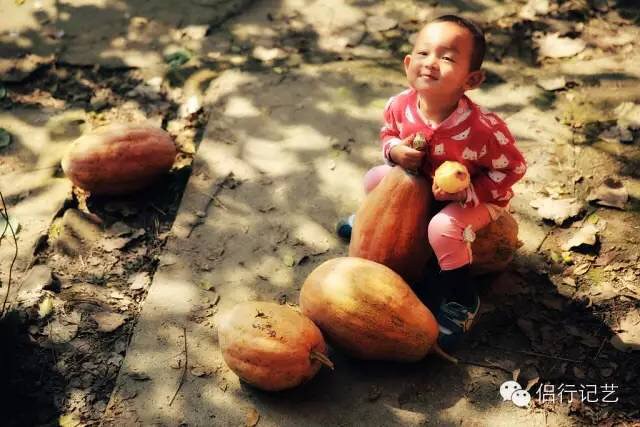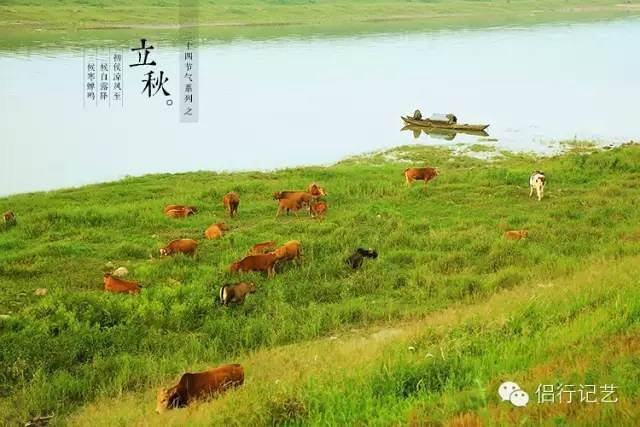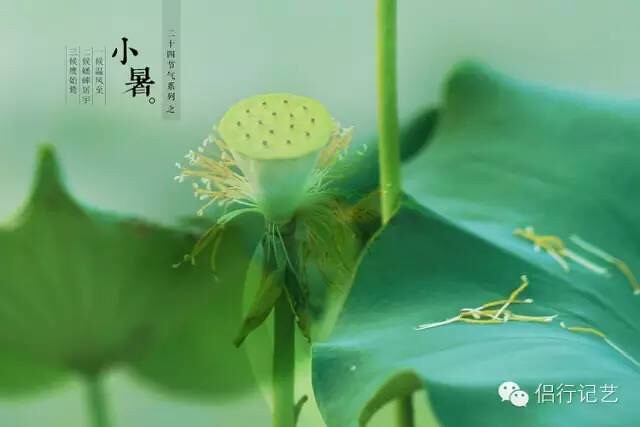Documentary filmmaker Sue Williams is finishing up her latest documentary about our beloved electronic gadgets, Death By Design. I was involved in the project and traveled with Williams to south China’s Guangdong province, to the the town of Guiyu, which is one of the world’s major centers of e-waste recycling. There, workers extract gold, silver, and other precious metals by burning and heating old motherboards in boiling tin. The process can be seen starting at the 2:30-mark in the video below. It is time we think harder about the environmental implications of these devices as the number of them is predicted to skyrocket in the coming years.
The world currently generates 20-50 million tons of electronic waste every year. The U.S. alone throws away 3 million to 4 million tons of electronics every year, of which only 30 percent is recycled responsibly. Much of the e-waste generated in the U.S. and Europe gets exported to China, where people in places such as Guiyu subject their health to the worst form of “recycling.” Now, atmospheric chemists in the U.S. have found traces of heavy metals in cloud droplets, evidence that we are unwittingly re-importing the pollution we thought we’d off-shored to places such as China.
Williams’ film also covers the health disasters that resulted from the booming semiconductor industry that started in Silicon Valley, an industry that produced dozens of Superfund sites around the country and thousands of gallons of toxic solvents from chip plants. Watch the trailer below and follow the film’s progress on the Death by Design website.
On a happier note, in the film Brotherhood, by Enric Ribes and Oriol Martínez, released in January 2016, Qu Maomao has worked in an underwear factory for the past four years, for eight hours a day, without breaks. During that time, he and his coworkers have formed a competitive kickboxing team with tight fraternal bonds. The film shows Qu and his teammates preparing to face off against a rival team from Shandong, alongside Qu’s struggle to please his girlfriend’s parents, who disapprove of their daughter’s dating a man with no car and no appartment. Brotherhood conveys its story without relying on words, showing us how Qu’s team emerges victorious and leaving us in a train station with Qu as he prepares to ask his girlfriend’s parents for permission to date their daughter. It’s a touching short full of emotion and an interesting look at the life of Chinese factory workers.
Tens of millions of people are moving into China’s megacities to find work and a better life—and 10 years ago, Lei Hu was among them. Now, he and his wife, Ruan Chuanju, are breaking that mold by returning to their hometown of Chibi in Hubei to rediscover the countryside. They’ve turned their journey into a photo essay that gives a deep look into a lesser-seen China.
Ten years ago, Lei Hu’s father sent him to Nanjing to study and find work. The birth of his daughter in 2014 changed that. Hu and his wife now want her to have the same childhood experiences they did. So they left Nanjing and moved back into the Lei family home.
Of course, the first order of business after being gone 10 years is to clean your room!
Watching his daughter’s experiences reflect his own childhood memories has been Hu’s favorite part of the journey. He plants the same fruit trees with his daughter that his father planted with him.
Over time, Hu has begun to document life in Chibi outside his family home. He and his wife are looking into ways they can record and preserve the history of the town. Of course, one of the simplest ways is by photographing daily life.
Check out Hu’s photos and follow the Lei family’s story here:




